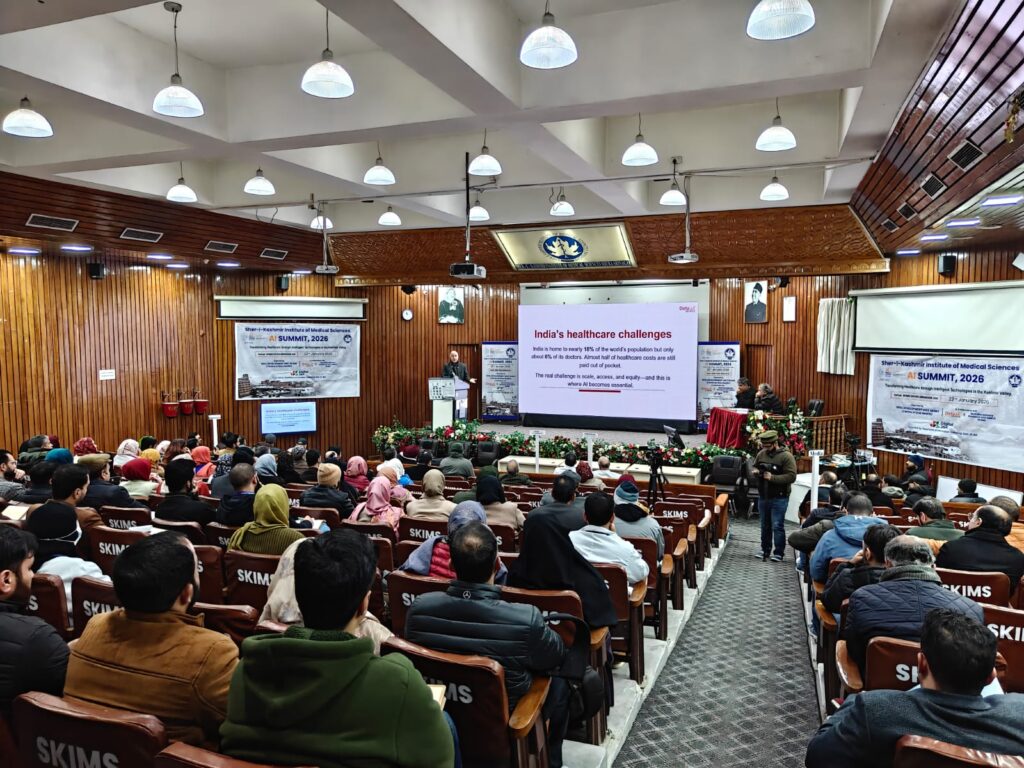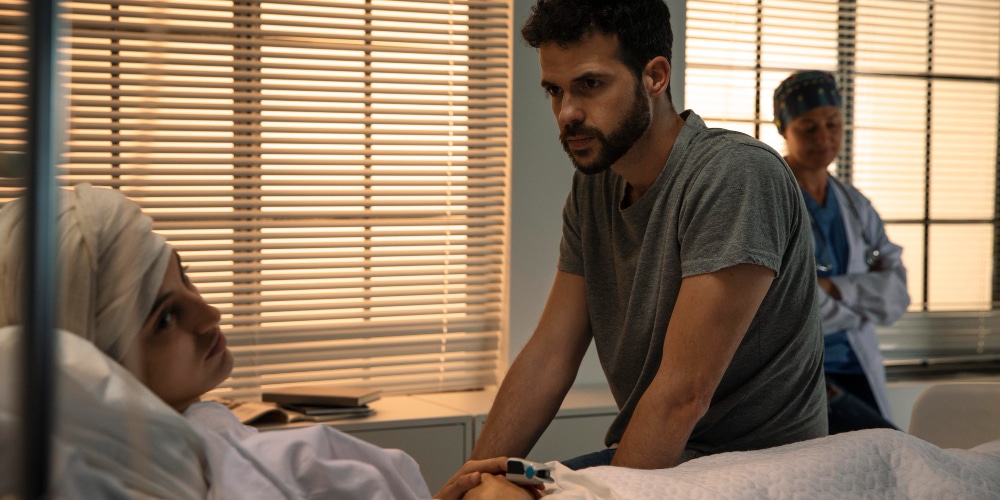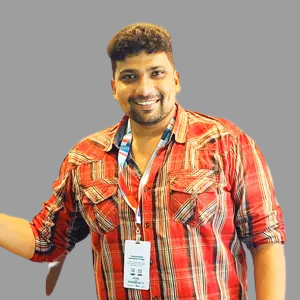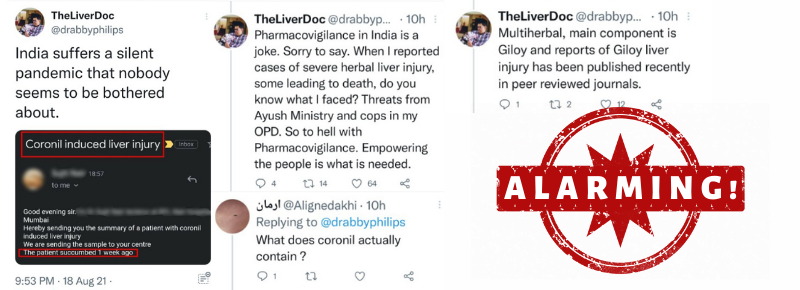Lessons from the latest health controversy on social media
Author
Author
- admin / 2 years

- 0
- 3 min read
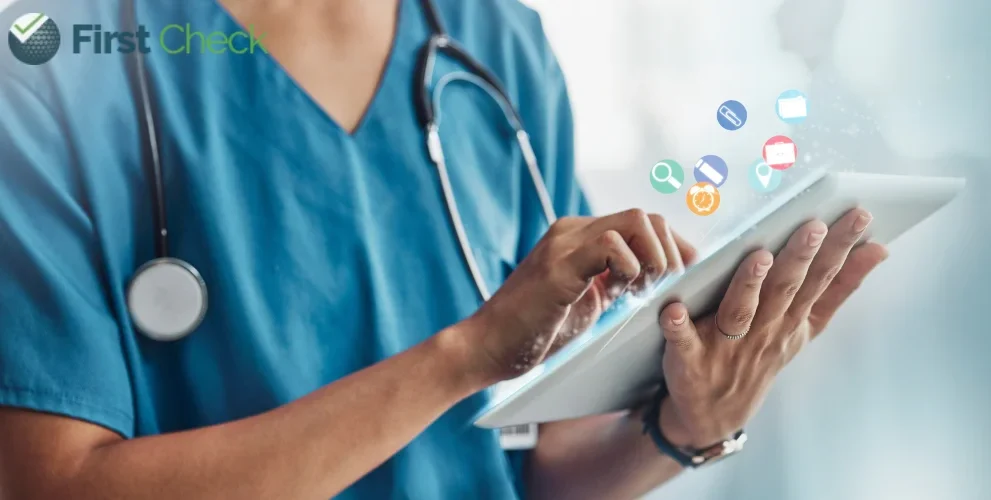
Author
Recent controversy involving Indian actor Samantha Ruth Prabhu and Dr Cyriac Abby Philips, aka The Liver Doc, is a stark reminder of the challenges of tackling health misinformation.
The recent controversy involving Indian actor Samantha Ruth Prabhu and Dr Cyriac Abby Philips, aka The Liver Doc, on social media has pertinent lessons on dealing with health misinformation. In the age of social media influencers and easy access to celebrity advice, how can we protect ourselves from falling for unscientific health claims?
I am reminded me of a story from my friend’s village, wherein a provisional storeowner’s mobile phone stopped working due to some battery issue. He travelled to a repair shop in a nearby town, and a battery booster fixed the problem. Sensing an opportunity to help his fellow villagers, who faced similar issues due to frequent power cuts and overcharging, the provisional storeowner purchased a battery booster.
The new service was well received by the villagers. However, trouble arose when the village head, a carpenter with only one functional ear due to a previous injury, sought help from the storeowner. Without thoroughly checking, the storeowner boosted the village head’s phone battery, which initially seemed successful. Later, the battery swelled and eventually exploded, causing the village head to lose his hearing and become completely deaf.
In many ways, the incident mirrors the recent controversy involving the actor and the doctor. Samantha, much like the provisional storeowner, was only trying to help, albeit with limited knowledge on hydrogen peroxide nebulisation. Dr Abby, known for his no-nonsense approach against unscientific health remedies, was quick to highlight the potential dangers of such practices. Like the village head, many innocent people pay the price for blindly believing in unfounded advice, more so when it comes to health. I know that from personal experience.
Data shows that a significant number of people turn to online resources rather than seeking professional medical advice. According to the National Health Interview Survey (NHIS) by the Centers for Disease Control and Prevention (CDC), about 58.5 per cent of adults in the United States used the Internet to look for health or medical information from July to December 2022. The survey also found that women were more likely than men to seek health information online, with usage highest among adults aged 30-44 years.
Many of us, including those who are well-educated and have professional expertise in varied fields, often follow popular advice or recommendations by social media influencers. We forget that they are not domain experts. You wouldn’t turn to a bike mechanic to fix your laptop, would you? Then why would you seek a non-medical person for medical advice?
People’s physiology and reactions to treatments differ. For example, paracetamol is a widely used analgesic for pain relief, but some people can have allergic reactions to the drug. This variability underscores the need for professional medical consultations tailored to individual needs. One size doesn’t fit all in medicine.
While influencers and public figures may share their personal health journeys on social media platforms, it’s important for us, as consumers of this information, to remember that their experiences are not universally applicable. It cannot be a substitute for professional medical advice.
Read More : India’s Union Budget 2024: Hits and misses for health sector
